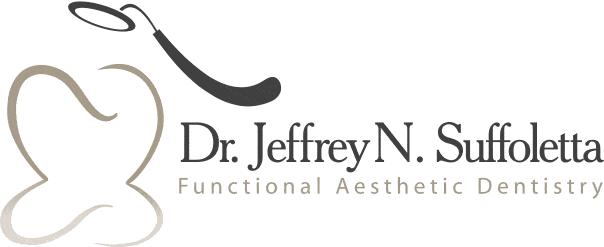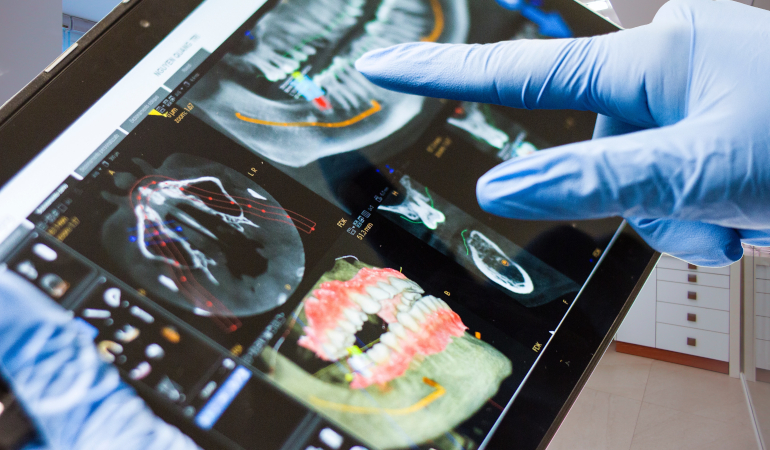There’s Value In In-Person Oral Care
There is an abundance of technological advancements in the world today and the dental industry is no stranger to this concept. Over the last two decades, new dental procedures and technologically advanced solutions have been introduced to many patients. In many cases, even improving the patient-doctor experience that comes with every dental visit, has seen an increase.
Since 2020, we can now add one more tech tool in your dentist’s arsenal, video conferencing for doctor-patient follow ups and consultations. However, how useful is this tool?
Does it create its own set of hurdles for you, as a patient, that wants optimal treatment and analysis of the dental problem?
As a dentist, I must suggest that in-person dental examinations are much more productive and conducive to a patient’s overall well-being. There are simply far too many nuances in dental hygiene that you must be able to closely examine. This is not something that’s feasible through online methods like a zoom call or your average facetime app.
Why Is In-Person Comprehensive Dental Care More Superior?
As mentioned previously, the details and knowledge about a patient’s oral health that is required by your dentist is better attained in an in-person dental visit. An online conferencing or encrypted app is not sufficient to examine the patient’s oral health. It presents some difficulties like.
- Using special camera tools that allow the dentist to have a closer and more detailed look at the condition of the teeth, gums and mouth. You can’t do this online.
- Testing for cavities on your tooth enamel isn’t very easy to do 1,000 miles away with no ability to get up close. Even if the patient moves their own miniature dental camera around with the direction of the dentist, it presents its own dilemma, which I’ll point out in the next point below.
- For most dentists, their business must run as smooth and efficient with time as it does with its finances. Letting a patient 1,000 miles away manage any camera on behalf of the dentist, must present some very special circumstances. This takes up more time from the dentist, which depending on the practice, it could translate to a higher dental cost for the patient.
Learn More About Laser Treatment Solutions for Gum Disease.
What About A Basic Checkup?
Basic checkups such as follow ups are not bad, if you’re opting for the tele-dentistry route. However, while it may be ok for some, it will not be a good idea for others. Depending on the type of dental problems you have, an in-person visit may still be better than tele-dentistry. Here’s why.
- If you have a severe dental problem, like gum disease and treatment calls for frequent visits. The in-person visit will be required. Gum disease demands a higher level of treatment and attention to detail. This would be the smart way to go.
- On the other side of the spectrum, if you have already been to your dentist and have impeccable oral health. Tele-dentistry may be a good choice for you from time to time.
Something Else You May Like: Can I Smoke or Drink After A Tooth Extraction?
What Does Tele-Dentistry Present?
As tele-dentistry goes, the concepts and the good intent behind it is a positive step forward. Even if it isn’t the solution to all of the problems. In cases where the needs of the patient are not dire, and an emergency is not present, tele-dentistry could help both the dentist and the patient save time and money.
A one touch with a patient 2 times per year to ask basic questions about the patient’s oral health has it’s benefits for the Doctor as well.
- It’s a great way to stay at the top of a patient’s mind.
- If the patient has impeccable oral health, it may be a great way to reduce the in-person visit by at least 1 less visit per year.
- It is a great marketing tool for the dental office.
The possibilities are endless but limited in scope as it relates to in-depth dental examinations. Therefore, an in-person visit will always have added benefits compared to online visits with tele-dentistry. The later can only be used for basic follow ups in case of any immediate concern.





